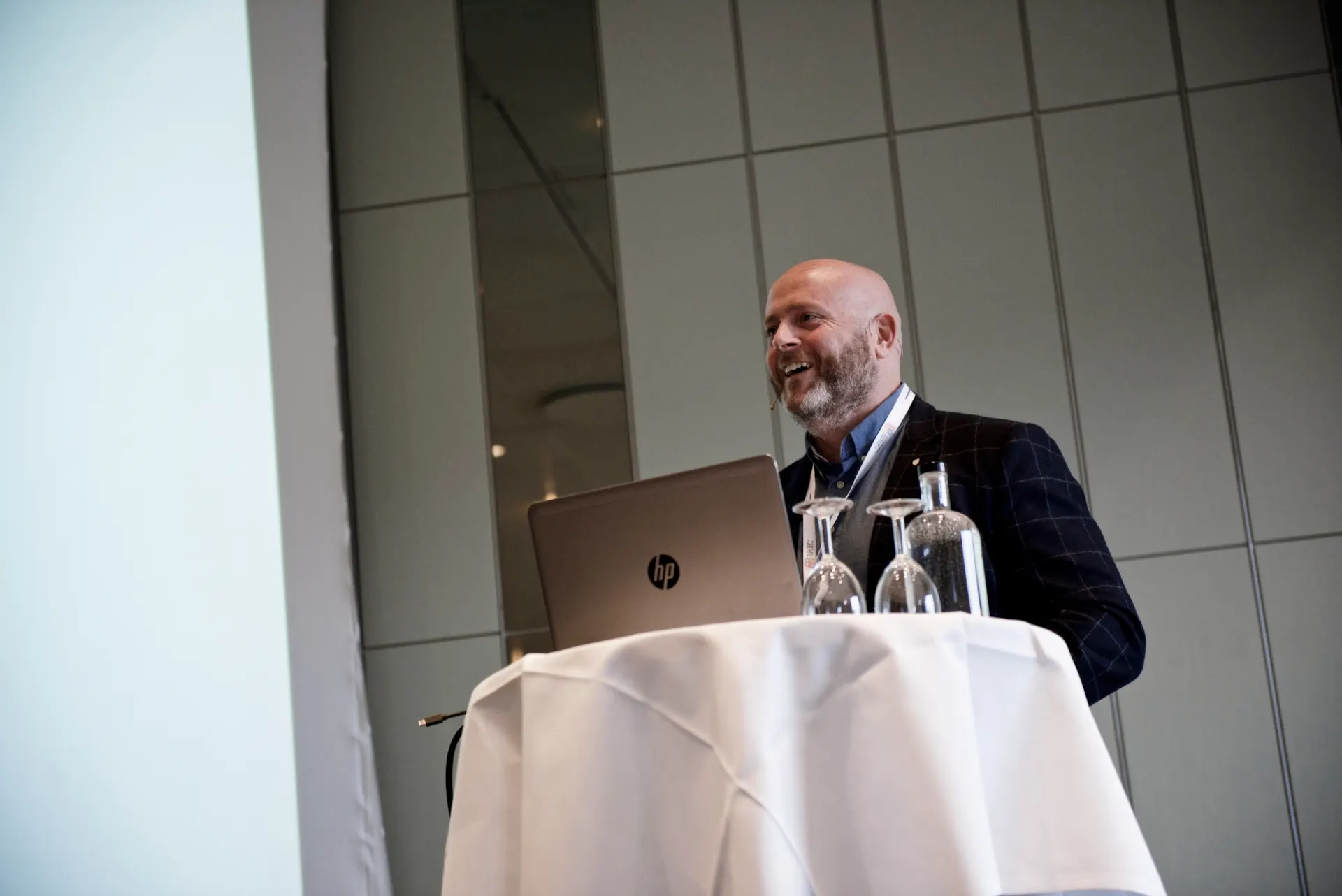
At Kindred, we work closely with a broad range of stakeholders to investigate ways to expand the responsible gambling field. We know that collaboration between researchers and operators can significantly enhance research in Responsible Gambling and we are eager to support and promote research in this area. We recently launched an online research library with an aim to share and highlight relevant pieces of research. We have spoken to well-known researchers in the field and will share their insights over the coming months, starting with Dr Jonathan Parke, Director at Sophro.
Can you tell us a bit about your background and previous work?
It is exactly twenty years ago this week since I left Northern Ireland on a bus, bound for Nottingham to take up a PhD studentship to research the psychology of gambling. I have spent the last two decades examining gambling behaviour from academic, policy and commercial perspectives. I started my career as a researcher at the International Gambling Research Unit at Nottingham Trent University, and subsequently joined the second of the main gambling research centres in the UK, at the University of Salford. Later, I moved out of academia into policy, leading research commissioning for the Responsible Gambling Trust. Five years ago, I returned to studying behaviour, and am Director of Sophro, which delivers independent research and education on safer gambling.
Why have you chosen to focus your research specifically on the addiction psychology related to gambling?
As a boy, I grew up in a seaside town, where I spent a lot of time with friends in amusement arcades, watching and playing fruit machines. It appealed to us because it was one of the few social spaces for people our age, and since then I’ve been fascinated by the unique blend of intense positive and negative experiences that gambling brings. In my early twenties, I graduated with a psychology degree, and I was trying to break into clinical psychology. There were very few relevant jobs available in Northern Ireland at that time. I noticed an advert for a PhD studentship exploring gambling behaviour and the rest is history. It’s been thirty years since I spent my summers in the arcades and I’m as fascinated as ever.
The remote gambling industry has undergone significant changes over the last years. How has the remote gambling research field changed over the last years?
The last decade has seen transformative technological change and progress across the remote gambling sector, enabling huge amounts of behavioural data to be collected. This brings challenges for operators, academics and regulators in keeping up with the pace of learning and change. Gambling research has become politicised and certainly more tribal. It is now a field in which fundamental and important discussions about independence of research can divide academics from an ideological perspective. For this reason, some operators may be reluctant to hand over complete datasets for researchers to analyse at their discretion. When we were trying to find data for our recent study on how harmful gambling can develop in the online environment, we were asking for any and all data to be handed over to explore how people were being harmed by the product. At that time, Kindred was the only operator willing to get involved and they deserve enormous credit for that.
Focusing specifically on your recent study “Getting grounded in problematic play”, can you tell us how you’ve used a qualitative approach and grounded theory to identify proposed theories of problematic play?
Grounded theory is a useful method for developing ideas to explain behaviour. Think of it as a form of ‘say what you see’, but done in a systematic way where researchers constantly compare their interpretations until a theory emerges. We took a chance on applying a novel qualitative approach to what is typically a quantitative problem and we think it was incredibly useful. It should go hand-in-hand with quantitative approaches.
What was the most important outcome of this study?
Learning how and why winning can be a critical ingredient for risky behaviour. The timing and nature of wins can have different cognitive, emotional and practical implications, making it difficult to stop gambling. For example, we found that when vulnerable or at-risk players win money back, they immediately try to reduce risks by withdrawing funds from their account. However, we also found that risky behaviours can quickly re-emerge when gambling resumes. An obvious policy implication was the need to make the account withdrawal process easier (e.g., restricting reversal withdrawals). Vulnerable customers find it difficult enough to gamble safely; operators have a duty to make stopping gambling easier, not harder.
Kindred has set an ambition to reach 0 % revenue from harmful gambling, what do you see as the key steps towards 100% enjoyable gambling?
This ambition is no doubt welcomed by all stakeholders, including customers themselves. However, I think it will require close collaboration across sectors to achieve. For example, ensuring customers can afford the monetary level of gambling they are participating in will require engagement from the banks and wider finance sector. It will also need close collaboration with consumers themselves to understand what affordable gambling looks like in different circumstances. It won’t be an easy ambition to achieve, but with collaboration which puts the consumer at the heart of policies, I think significant progress can be made.
To read some of Jonathan Parke’s research, visit our Research library here.